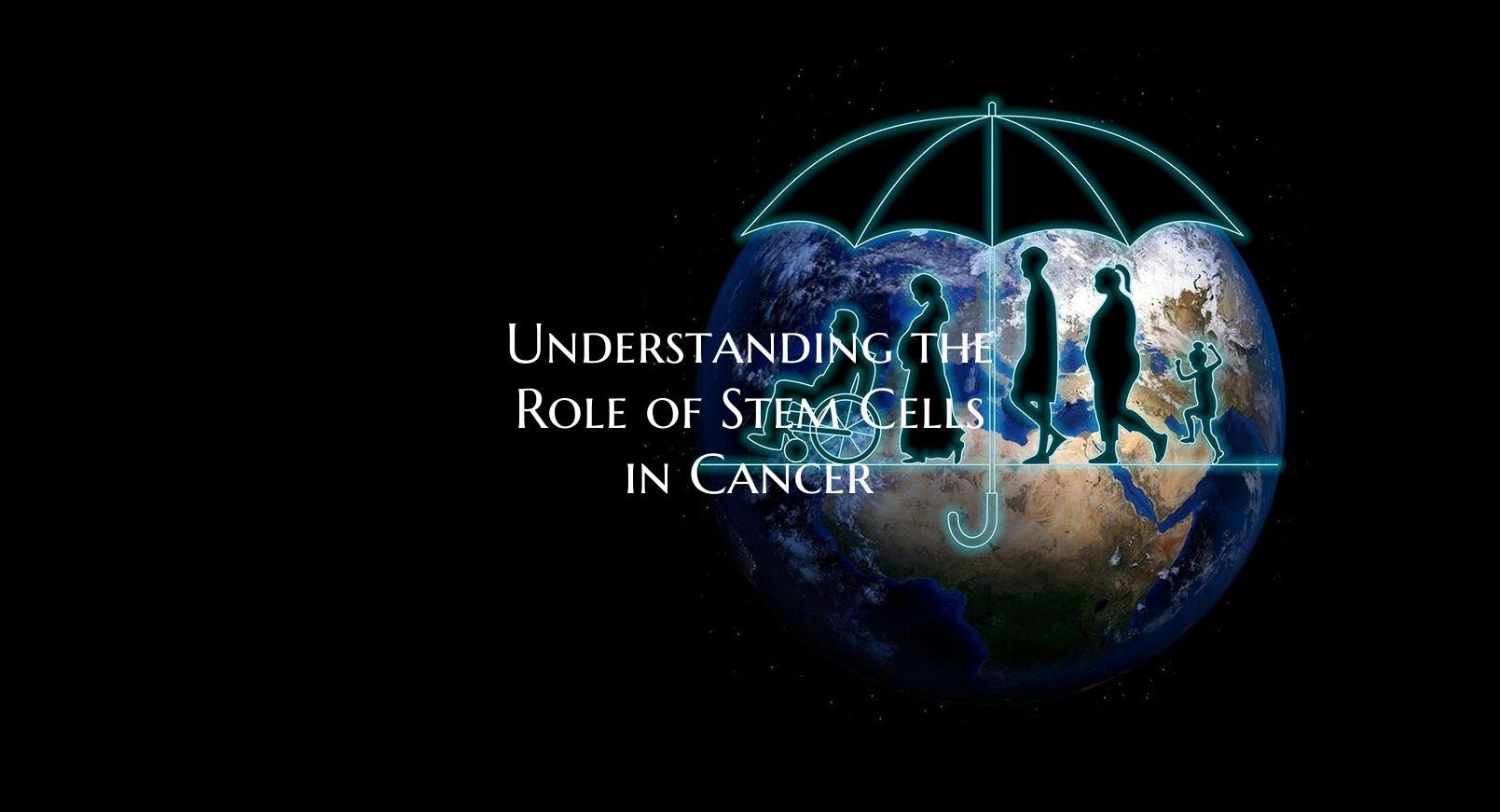
Understanding the Role of Stem Cells in Cancer
Introduction: Cancer is a complex and often devastating disease that arises from the abnormal growth and division of cells in the body. While many different factors contribute to the development of cancer, one area of increasing interest and research is the role of stem cells in cancer initiation, progression, and treatment. Stem cells, with their unique ability to self-renew and differentiate into various cell types, play a crucial role in both the normal development and maintenance of tissues, as well as in the development and progression of cancer. In this article, we will explore the fascinating interplay between stem cells and cancer, and how a deeper understanding of this relationship may lead to innovative therapies and treatments for cancer patients.
The Role of Stem Cells in Cancer: Stem cells are undifferentiated cells that have the potential to develop into different types of specialized cells in the body. In normal tissue, stem cells are responsible for replenishing and repairing damaged cells, ensuring the proper functioning and maintenance of tissues and organs. However, when mutations or changes occur in these stem cells, they can give rise to cancerous cells with uncontrolled growth and the ability to invade surrounding tissues.
Cancer stem cells, a subset of cells within a tumor with stem cell-like properties, have been identified in various types of cancer and are believed to play a crucial role in driving tumor growth, metastasis, and resistance to therapy. These cells have been shown to have the ability to self-renew, differentiate into various cell types within the tumor, and promote tumor growth and progression. Targeting these cancer stem cells holds great promise for developing more effective and targeted cancer therapies.
Implications for Cancer Treatment: Understanding the role of stem cells in cancer has important implications for the development of novel cancer treatments. By targeting and eliminating cancer stem cells, researchers hope to prevent tumor recurrence, metastasis, and resistance to conventional therapies. Novel treatment strategies that target specific pathways involved in stem cell maintenance and differentiation are being explored, with the goal of disrupting the processes that drive tumor growth and progression.
Additionally, the unique properties of stem cells, such as their ability to migrate and evade the immune system, pose challenges for traditional cancer treatments. Developing therapies that specifically target cancer stem cells while sparing normal stem cells is crucial for achieving more effective and less toxic cancer treatments.
Conclusion: The role of stem cells in cancer is a complex and evolving area of research that holds great promise for advancing our understanding of cancer biology and improving cancer treatment outcomes. By targeting the unique properties of cancer stem cells, researchers are working towards developing more effective and targeted therapies that could transform the way we diagnose and treat cancer in the future. Continued research in this field is essential for unlocking the full potential of stem cell-based therapies and improving the lives of cancer patients worldwide.